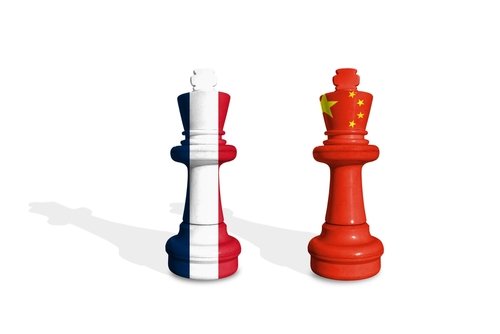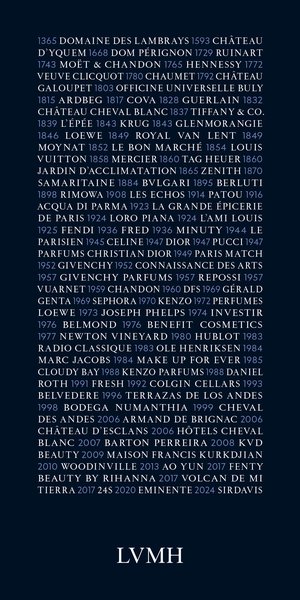
Faced with the merciless belligerent that is Putin and the unpredictable leader Donald Trump, certain European figures, especially in France, advocate closer ties with Beijing. However, this overlooks a central fact: for sixty years, Beijing has emerged triumphant in Franco-Chinese relations in every domain, political, economic and cultural. Rather than entertaining dreams of convoluted geopolitical realignments, our priority should be to undertake a thorough overhaul our China policy. This should rest on three pillars: firm support for Taiwan; uncompromising defence of democratic values; and reciprocity in all fields.
A political failure: the reversal of the balance of power
In 1964, when Paris broke the diplomatic ice to bring Mao’s China into the circle of major powers, China was merely a regional Third-World power, excluded from the United Nations. France played a decisive role in the People’s Republic of China’s entry to the UN and for years remained the cherished Western “friend” Beijing diligently courted. “Sino-French friendship” has served to justify every form of closeness with the totalitarian regime, whether from authentic or condescending Orientalists, sincere naïfs or disingenuous cynics. In 2019, former Prime Minister Jean-Pierre Raffarin received the “Medal of Friendship” from President Xi, just as Vladimir Putin had shortly before him, in recognition of his contribution to Sino-French friendship. French industrialist Alain Mérieux, a driving force behind many Sino-French partnerships – among them the infamous P4 laboratory in Wuhan – was honoured in 2018 as the first recipient of the “China Reform Friendship Medal”, awarded by CCP Secretary Xi Jinping himself at the Great Hall of the People, Beijing.
Today, “the two great countries”, as Chinese propaganda endlessly reiterates to flatter the French ego at little cost, still delight in lavish celebrations of a “special” relationship, but this no longer suffices to mask either the reversal of the balance of power, or the glaring trade deficit favouring the world’s second-largest economy.
France’s discomfort in the face of the Chinese giant is understandable: while Maoist China used De Gaulle’s initiative to gain influence on the international stage, France obtained little from its claimed “privileged” status – an epithet beloved of official communiqués. Whether during the violent attacks by Red Guards on French diplomats during the Cultural Revolution, or the 2008 boycott of French goods, the Party merely invoked the “spontaneity of the masses” to mask governmental manoeuvres in a country where the freedom to assemble exists only on paper.
The wrath engendered by the meeting between the Dalai Lama and Nicolas Sarkozy speaks volumes about the “special” treatment afforded France. In September 2007 the Tibetan spiritual leader was received in Berlin by the German Chancellor Angela Merkel before travelling to the White House, then occupied by George W. Bush, for the fourth time. In summer 2008 British Prime Minister Gordon Brown chose to host the Buddhist leader in London rather than attend the opening ceremony of the Olympic Games in Beijing. President Sarkozy, trying to straddle both sides, went nonetheless to Beijing for the Olympics, postponing his meeting with the …
This website is freely accessible. To continue reading, you need to register an account.
I already have an account
I create my account
This will be your personal account where you could consult anytime :
- Order history
- Links to purchased magazines, articles, or interviews
- Personal informations













